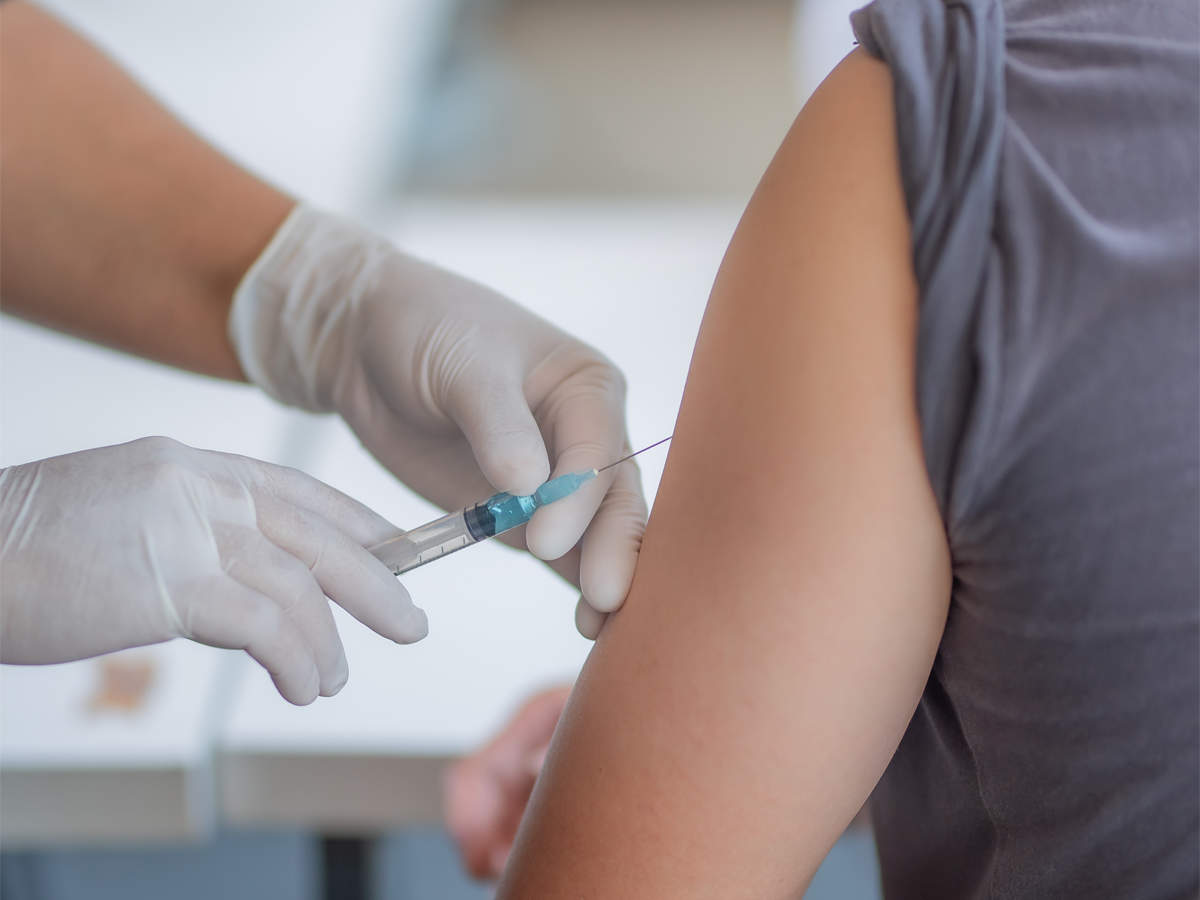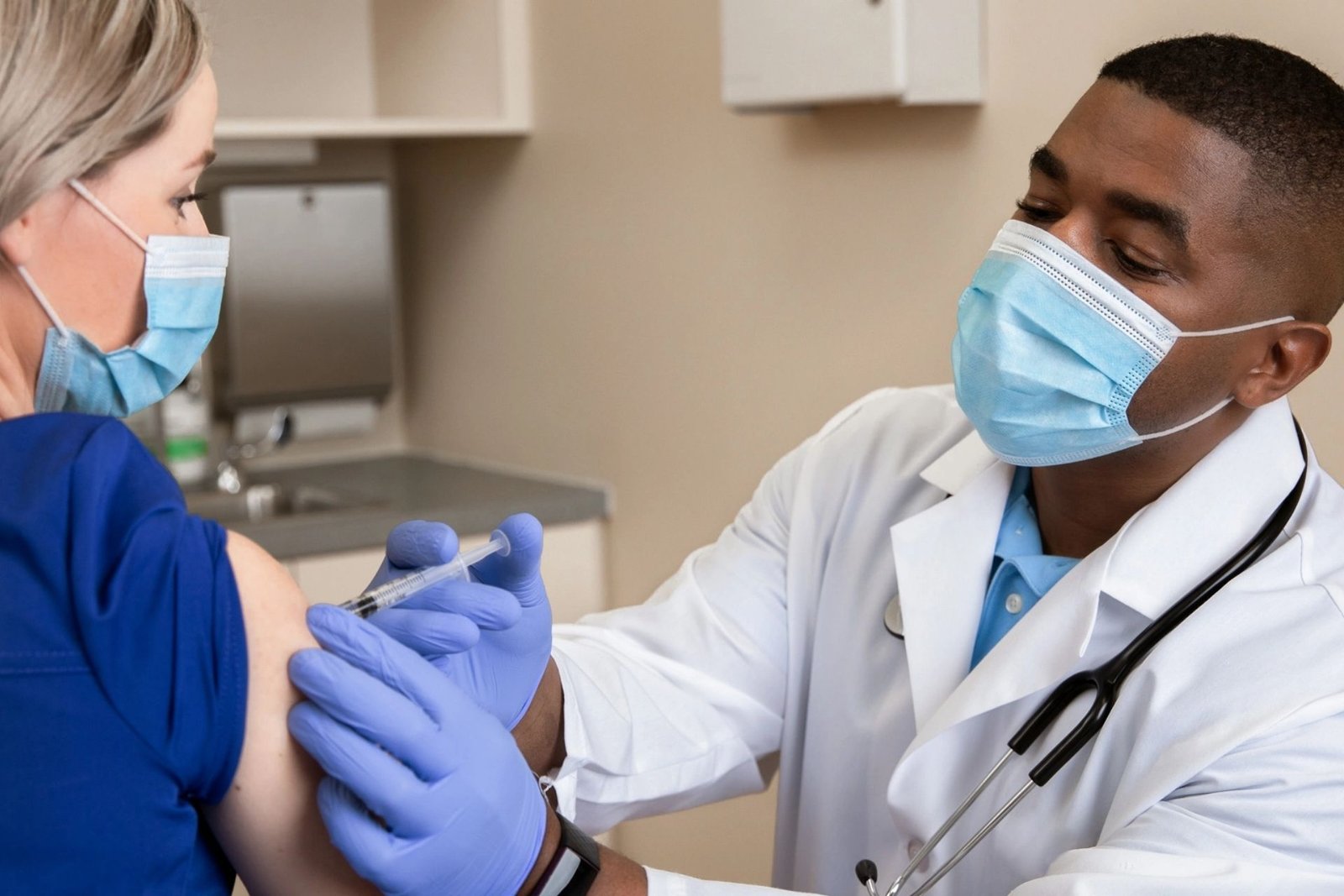Top public and private research institutes in Pune will collaborate with counterparts in Bengaluru and Vellore on a study to determine how long immunity lasts after Covid vaccination.VISION (Vaccine Immunology Studies – Indian Outbreak Response Network) is a platform activity that generates immunogenicity data to meet the needs of the country’s Covid-19 vaccination programme.
VISION is a three-city consortium project funded by Hindustan Unilever Limited’s CSR (Corporate Social Responsibility) funds. The project will last 1.5-2 years and will involve over 800 study participants. The study will be conducted in Pune by institutions such as IISER, NCCS, and CSIR-NCL, as well as clinical partners KEM Hospital and Research Centre and Symbiosis University Hospital and Research Centre. Other partners include Bengaluru-based NCBS, INStem, and clinical partners St John’s Research Institute and Baptist Hospital, as well as CMC, Vellore.
The observational study’s primary goal is to understand the differences in magnitude and longevity of humoral and cellular immune responses generated following vaccination with two doses of either Covaxin or Covishield, in those with or without evidence of prior SARS-CoV-2 infection based on seropositivity, according to Dr Anu Raghunathan, senior principal scientist at CSIR-NCL.

“This study aims to answer a number of questions. For example, diversity in response to vaccination due to nutritional status or other factors, antibody response, how long does immunity last and what variants we are protected against by vaccines, and host factors driving vaccine breakthroughs,” said Prof L S Shashidhara, co-founder of the Pune Knowledge Cluster (PKC), which was established by the office of the Principal Scientific Adviser.According to Dr. Raghunathan, researchers will also look to see if there are any remaining memory B cells if there are no circulating antibodies.
Some of the questions that the study seeks to answer include whether these memory B cells are broad-range or vaccine-strain specific, and whether there are different T-cell responses generated by different vaccine platforms.
In-depth immunogenicity data, as well as the establishment of platforms to generate such data quickly, will improve the ability to make public health decisions such as the number of vaccine doses required for those with or without prior SARS-CoV-2 infection, the need and timing for booster shots, the best combination (homologous versus heterologous) of vaccines for boosting, and the need to incorporate vaccine modifications.
____________
Vaccination | Don’t forget to follow us on Twitter @njtimesofficial. To get latest updates









